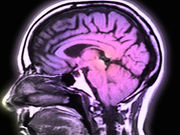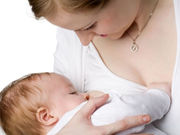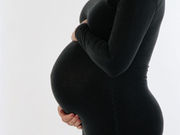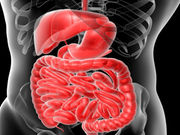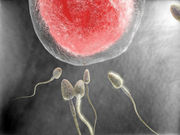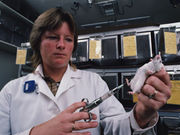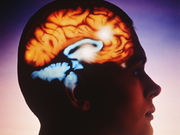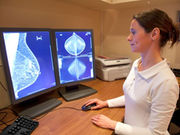Imaging Shows Zika-Linked Congenital Brain Abnormalities
Images of the brains of Brazilian newborns and fetuses suggest the virus affects multiple sites
CDC: Breastfeeding Rates on the Rise in the United States
However, many mothers stop earlier than recommended
In Utero Exposure to Banned PCB Chemicals Tied to Autism Risk
These toxins have lingered in the environment, study authors say
Donor Fecal Microbiota Transplant Effective for C. difficile Infection
Donor stool safe, more efficacious than autologous transplantation in preventing C. difficile
Success, Safety Up for ART With Elective Single Embryo Transfer
Risks are much higher in multifetal gestations, but are also seen for singletons achieved with ART
Children Shouldn’t Consume More Than 6 Tsp of Added Sugars a Day
New guidelines aim to help improve children's overall diet, health
Repeated Antibiotic Use in Children May Contribute to T1DM
Findings in mice; whether link applies to humans isn't clear
Obesity Rates Higher Than Expected in Teen Athletes
Philadelphia study found 15 percent who underwent physical exams also had high blood pressure
Stem Cells May Help Reverse Ischemic Stroke Damage
Experimental treatment helps new brain cells grow
Benefits, Harms of Breast Cancer Screening Vary With Risk, Density
For all screening intervals, benefits and over-diagnosis increase with breast density, relative risk


